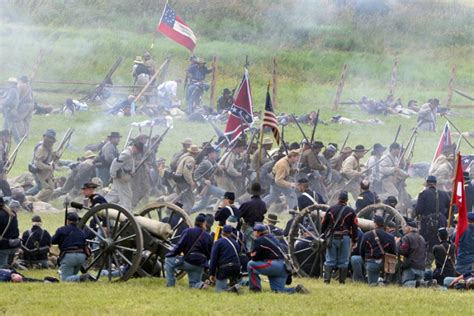*Previously Recorded by Phyllis Schlafly // July 1, 2013*
Today, July 1, and July 2nd and 3rd, Americans will be commemorating the 1863 battle of Gettysburg, the largest and bloodiest battle of the War Between the States and the largest battle ever fought in North America. The armies of both sides faced each other on some of the hottest days of the year; the temperature was recorded at 90 degrees. The Northern Army under General George Meade had 85,000 men on the field, and the Southern forces had 75,000 men under command of General Robert E. Lee. At least 50,000 men were killed, wounded or missing in that battle. Today there are some 1,400 monuments, markers or tablets commemorating the battle and the men who fought there. Gettysburg is considered the turning point in that great and costly war.
Abraham Lincoln’s speech, made some months later, is one of the most famous documents in American history, and one of the most eloquent and elegant speeches ever given. The principal speaker of the day gave a two-hour oration. Abraham Lincoln was only invited to speak as a courtesy to the President, and he said what needed to be said in two minutes. Lincoln did not differentiate between the motives of the brave men of the North and the South. He recognized the courage and honor of all. Lincoln said the great Civil War was testing whether our nation, “conceived in liberty and dedicated to the proposition that all men are created equal,” can long endure.” Then Lincoln called on all of us to “highly resolve that these dead shall not have died in vain — that this nation, under God, shall have a new birth of freedom — and that government of the people, by the people, for the people, shall not perish from the earth.” That is the lesson again for us today. We, too, should answer Lincoln’s call to dedicate ourselves to the great task of making sure that government “of the people, by the people, for the people shall not perish from the earth.”






